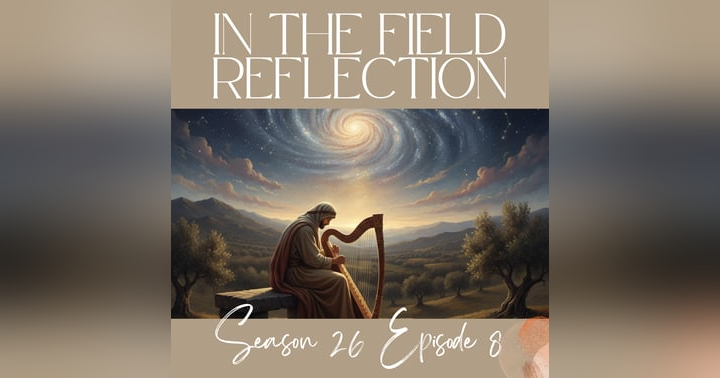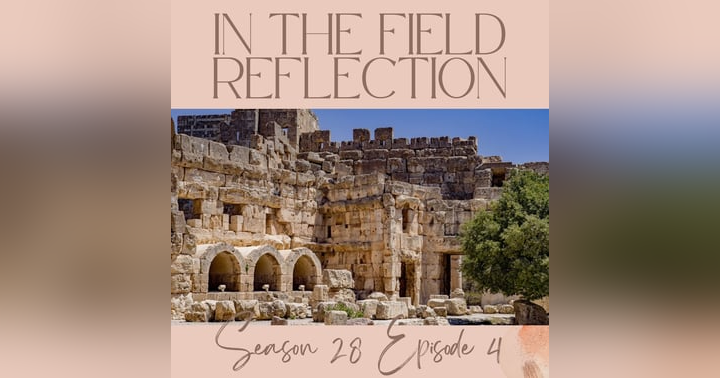Hollow Worship: God Confronts His People Through Malachi

The Book of Malachi opens with one of the most poignant statements in Scripture: "I have loved you," says the Lord. Yet Israel's response reveals the spiritual apathy that had settled into the nation: "How have you loved us?" God confronts His people through this exchange, exposing the gap between His enduring love and their fading devotion. It sets the stage for a powerful dialogue about authentic worship and covenant faithfulness.
Malachi, whose name appropriately means "my messenger," delivered his prophecy during a critical period in Israel's history. The temple had been rebuilt, sacrifices had resumed, but spiritual vitality had waned considerably. The Israelites were going through religious motions while their hearts remained distant from God. This disconnect between external religious practice and internal devotion forms the core tension throughout Malachi's message.
The prophet vividly portrays a scene where priests were offering blemished, blind, and lame animals on God's altar – sacrifices they wouldn't dare present to their human governors. "Try presenting that to your governor," God challenges through Malachi, highlighting the absurdity of offering second-best to the King of kings. This powerful illustration reveals how the people had lost their sense of God's majesty and worth, treating divine worship as a burdensome obligation rather than a reverent privilege.
Perhaps most striking is God's lament: "If I am a father, where is my honor? If I am a master, where is my fear?" These questions cut to the heart of relationship. God wasn't primarily concerned with perfect ritual observance but with the heart attitude behind their worship. The offerings themselves weren't the issue – it was what those offerings revealed about how they viewed God. By bringing blemished sacrifices, they demonstrated that they valued God less than their earthly authorities and personal convenience.
The passage contains a remarkable prophetic statement that would have shocked its original audience: "From the rising of the sun to its setting my name is great among the nations." This declaration that God would be worshipped among Gentile nations points toward the future expansion of God's kingdom beyond Israel's boundaries. Even if His covenant people failed to honor Him properly, God's name would still be exalted throughout the world.
Malachi's message resonates powerfully today. In our busy, convenience-oriented culture, we too can fall into patterns of giving God our leftovers – leftover time, leftover energy, leftover attention – rather than our first and best. The question echoes across the centuries: are we offering God worship that costs us nothing, or are we bringing sacrifices worthy of His greatness? When we understand who God is – a great King whose name is to be revered – our worship naturally shifts from obligation to adoration, from routine to reverence.
The beauty of this passage is that it begins and ends with God's character. It opens with His declaration of love and closes with His proclamation of greatness. Even in confrontation, God's purpose is redemptive – to restore His people to proper relationship with Himself. This reminder of divine love intertwined with divine majesty creates the perfect foundation for genuine worship that honors Him as He deserves.



